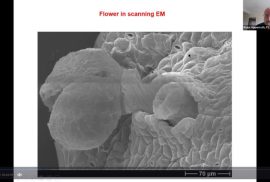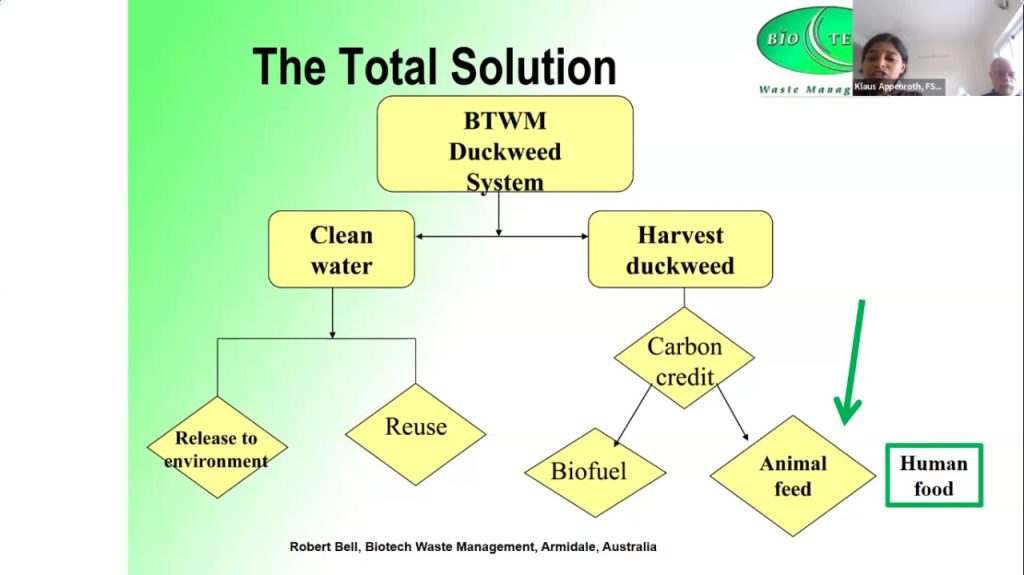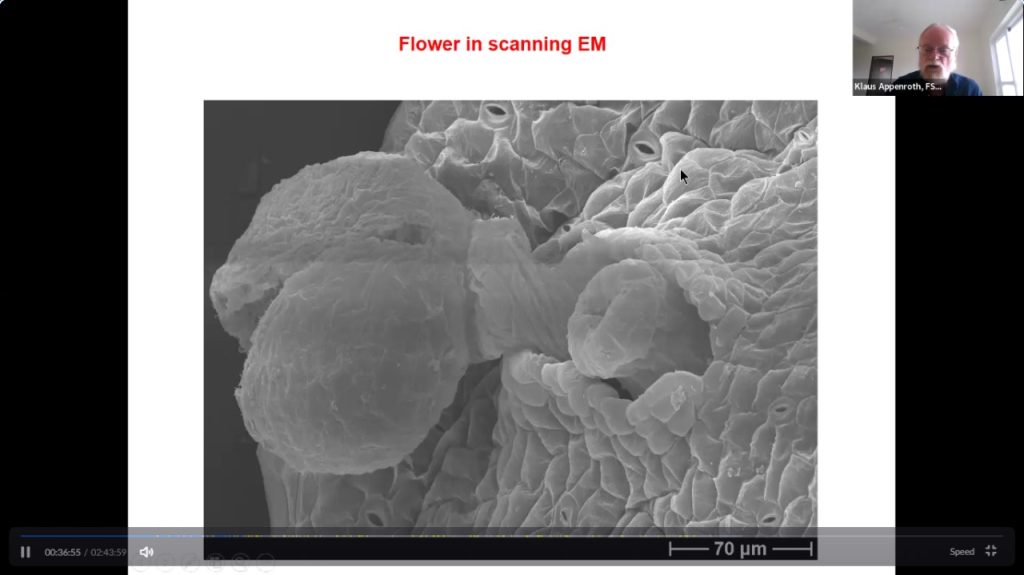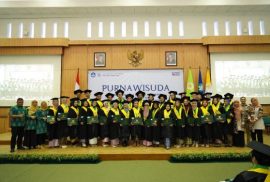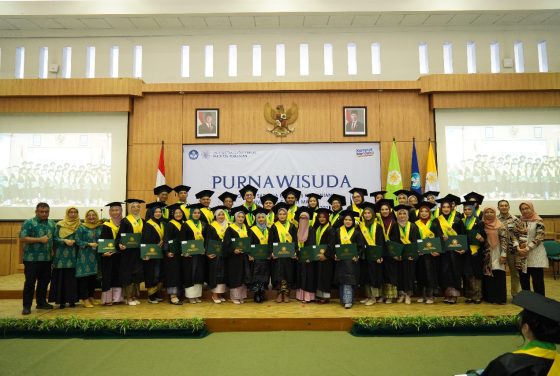
The issue of fertilizer availability and efficiency remains a key challenge for farmers in improving agricultural yields. As an innovative solution, a community service team from the Faculty of Agriculture UGM conducted training on biochar production and application for farmer groups in Koripan, Matesih, Karanganyar, from April to November 2024.
Led by Susanti Mugi Lestari, S.P., M.Si., Ph.D., from the Department of Agricultural Microbiology, the team collaborated with lecturers from various departments, including Dr. Desy Putri Handayani, S.Pi., Dr. Sulistiowati, S.Si., M.Si., Dr. Endah Prihatiningtyastuti, S.P., M.Si., Eko Hardianto, S.Pi., M.Si., M.Sc., Ph.D., Mukti Aprian, S.Kel., M.Si (Han), Dr. Ega Adhi Wicaksono, S.Pi., from the Department of Fisheries; Agung Dian Kharisma, Ph.D., from the Department of Agricultural Microbiology; and Angga Prasetya, S.P., M.Sc., from the Department of Soil Science. Students from various study programs in the Faculty of Agriculture UGM also participated.


